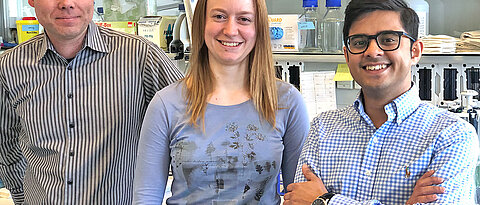
Scientists at the University of Würzburg have discovered a new mechanism of gene transcription in tumor cells. Their study identifies novel strategies to develop innovative anti-Cancer drugs.
more
Scientists at the University of Würzburg have discovered a new mechanism of gene transcription in tumor cells. Their study identifies novel strategies to develop innovative anti-Cancer drugs.
more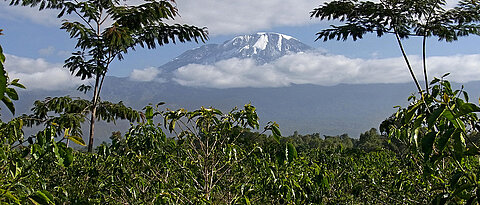
Land use in tropical mountain regions leads to considerable changes of biodiversity and ecological functions. The intensity of such changes is greatly affected by the climate.
more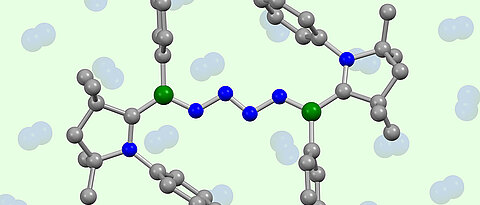
Direct coupling of two molecules of nitrogen: chemists from Würzburg and Frankfurt have achieved what was thought to be impossible. This new reaction is reported in Science magazine and opens new possibilities for one of the most inert molecules on earth.
more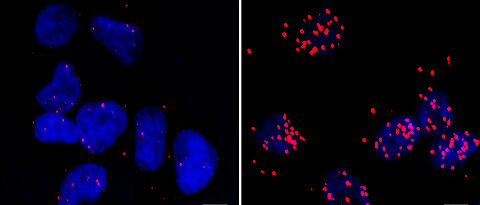
Two proteins work hand in hand to ensure that the tumour cells of neuroblastoma can grow at full speed. In "Nature", a Würzburg research team shows how the proteins can do this.
more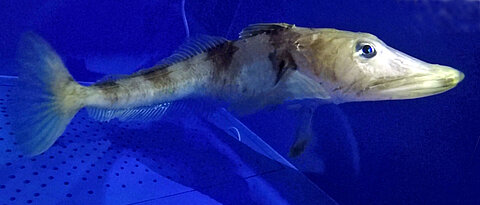
Icefish live in an environment that should be deadly for them. Scientists have now investigated how they still manage to exist there and what evolutionary adaptations they have had to undergo in order to do so.
more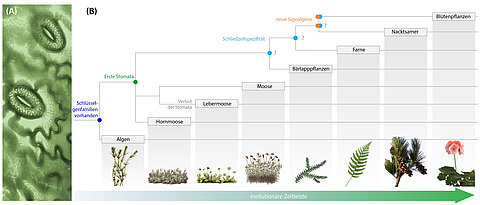
Plants that can manage with less water could make agriculture more sustainable. This is why a research team at the University of Würzburg is investigating how plants control their water balance.
more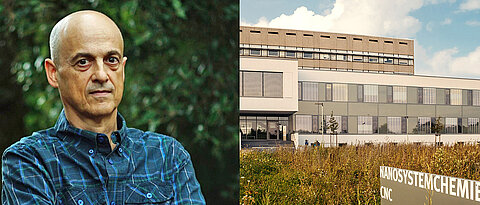
Chemistry professor Antoni Llobet (Spain) joins the University of Würzburg with a research prize from the Alexander von Humboldt Foundation. He is a worldwide leading expert in the field of oxidative water splitting with sunlight.
more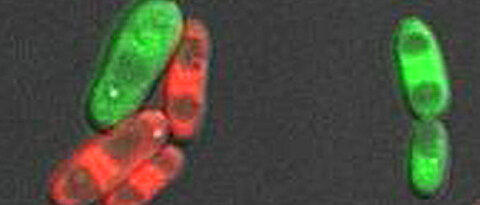
Under the influence of the drug fluconazole, the fungus Candida albicans can change its mode of reproduction and thus become even more resistant. Scientists at the University of Würzburg report this in the journal mBio.
more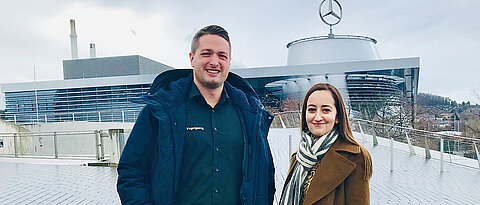
They studied Slavic studies and economics; today they commute between Germany and Russia. The two alumni, Jana Kail and Markus Vogelgsang, have never regretted their choice of subjects.
more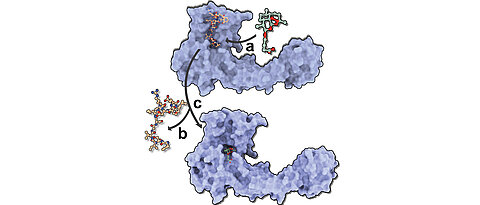
Researchers at the Rudolf Virchow Center of the University of Würzburg have unveiled the molecular effectiveness of artemisinins. The findings could lead to drugs for diseases such as Alzheimer's, schizophrenia and epilepsy.
more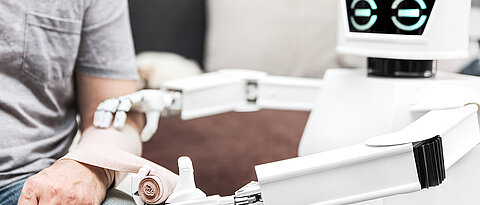
In Europe, people are more reserved regarding robots than they were five years ago. This is shown in a new study published by scientists from Linz and Würzburg.
more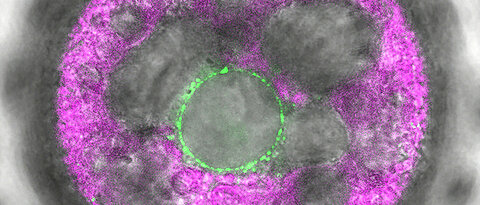
Scientists at the Universities of Würzburg and Bielefeld in Germany have discovered an unusual new light sensor in green algae. The sensor triggers a reaction that is similar to one in the human eye.
more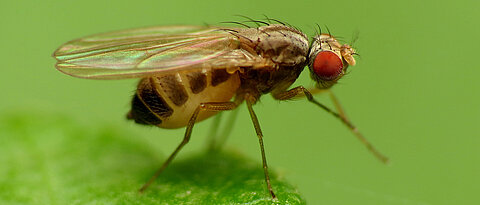
Insects and mammals have special sensors for different light intensities. These sensors selectively influence the circadian clocks and thereby control daily activity patterns.
more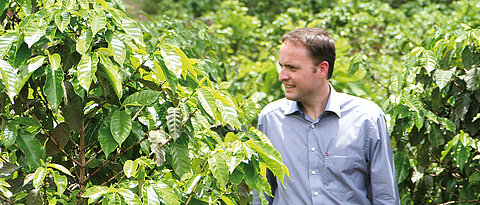
A cup of coffee in Hawaii set the decisive course in his life. Today Alumnus Thomas Eckel is the managing director of a coffee roasting company. He advises students to look outside the box.
more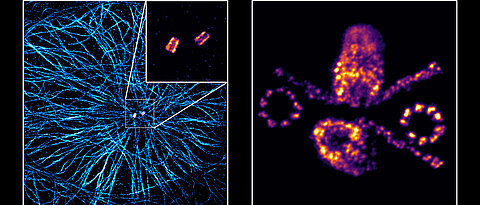
Does expansion microscopy deliver true-to-life images of cellular structures? That was not sure yet. A new publication in "Nature Methods" shows for the first time that the method actually works reliably.
more